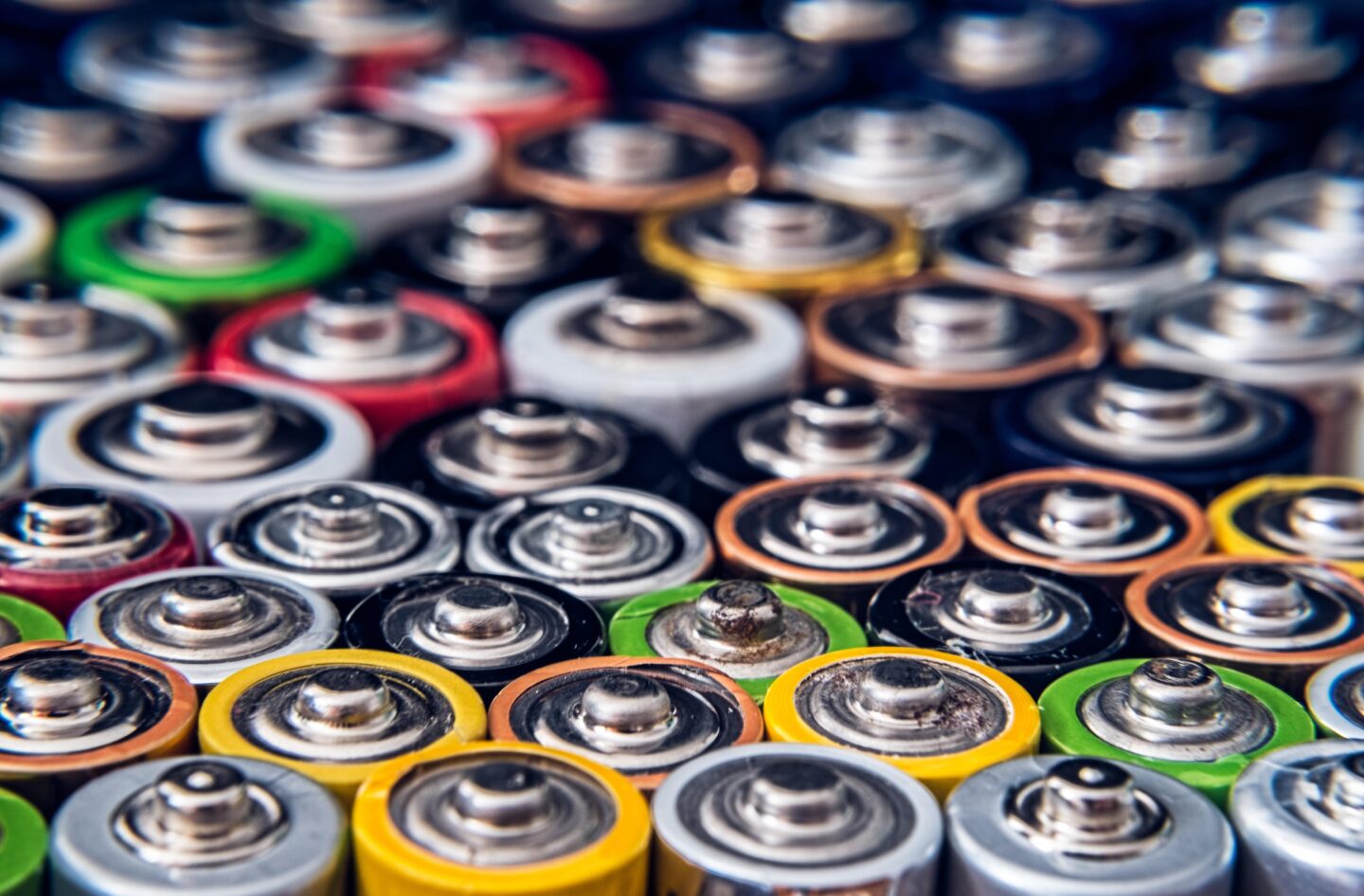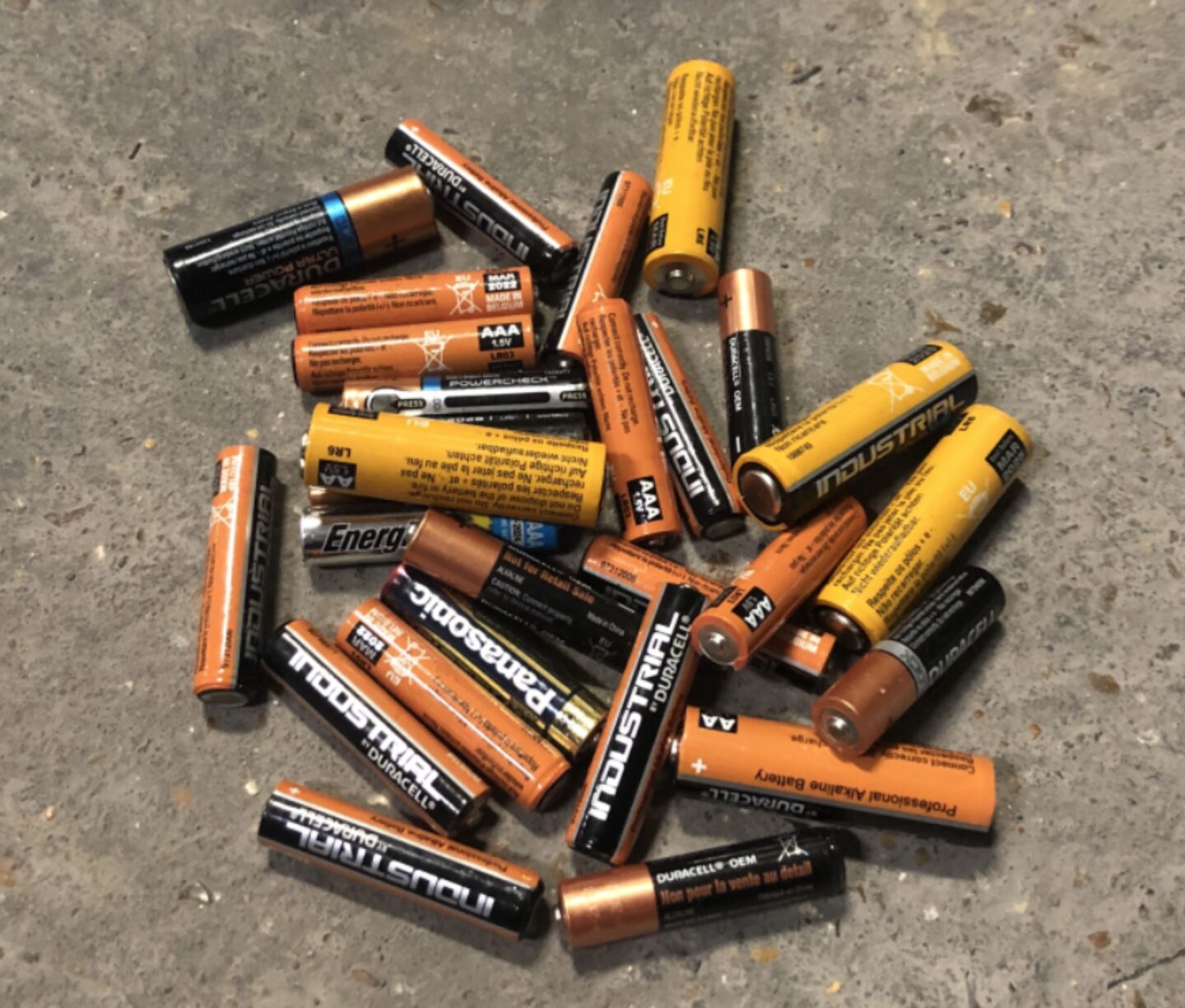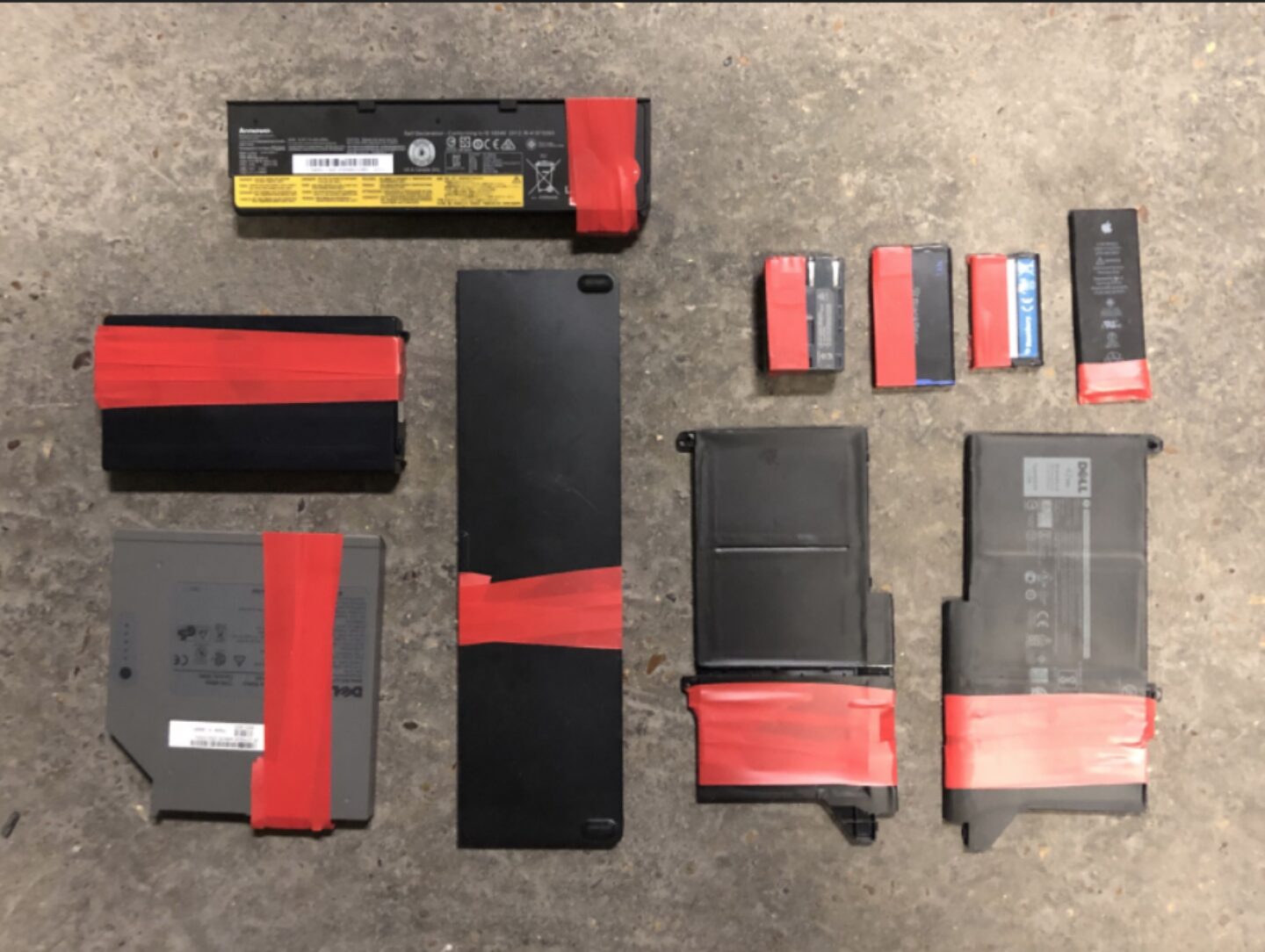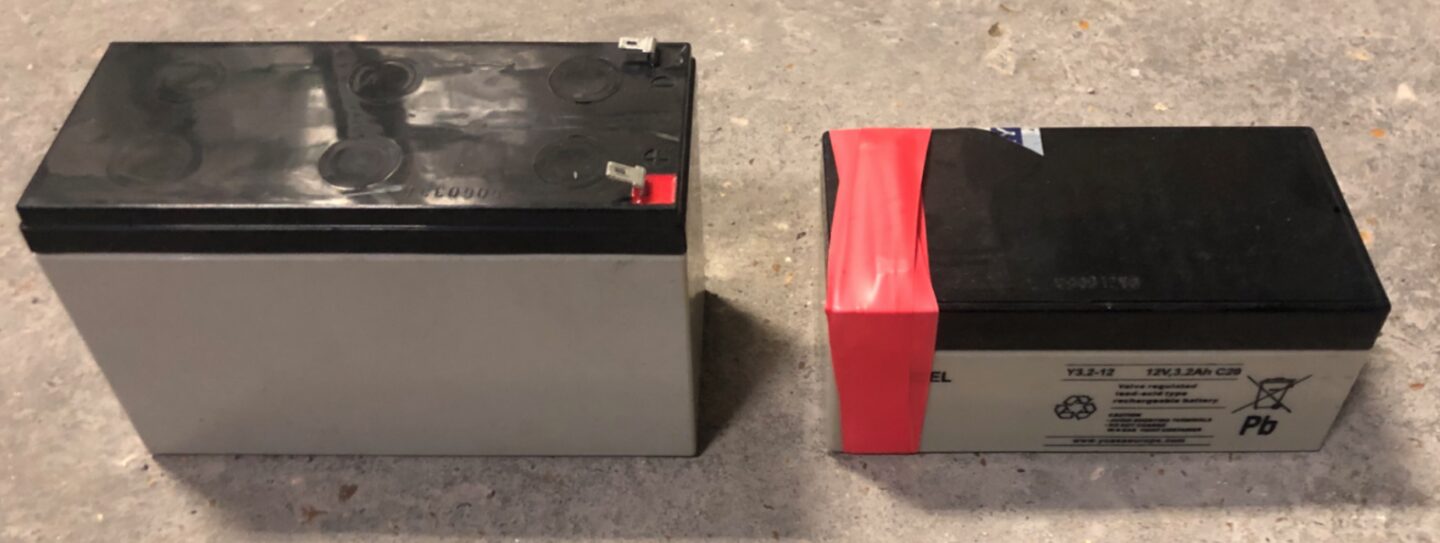Wednesday 28th December 2022
After a busy Christmas, full of festivities, it’s often the case that more waste is created. An estimated 30% more waste is created during this period. Especially electronic waste, which is commonly powered by AAA batteries for Christmas tree lights or lithium batteries from electrics. One particular kind of e-waste that’s on the rise is associated with e-cigarettes and their batteries, especially the disposable kind.An estimated 3.6 million Brits are vape users and of those, 20% of them favour disposable vapes. This is increasing year-on-year and many of those using disposable vapes are young people, so it is imperative that this growing e-waste form is dealt with properly. (Action on Smoking and Health (ASH), 2021, Use of e-cigarettes (vapes) among adults in Great Britain).

Image: Roberto Sorin
But, why does it matter? Aren’t they harmless? Unfortunately, not. When not disposed of properly or littered, these products can leach dangerous metals, battery acid, and nicotine into the environment.What’s more, most disposable e-cigarettes contain lithium batteries which require careful disposal. If batteries of any kind are combined with normal recycling or waste collections, it can be very dangerous. This is because lithium batteries are surrounded by dry paper and cardboard in the truck, which can be a major issue and cause fires.Once the batteries reach recycling facilities, any pressure applied to the battery will cause it to combust and alight. Furthermore, as it’s mixed in with paper and other materials, they act as kindling, which acts as a catalyst to the fire so it is a much bigger problem. This puts our hardworking staff in danger and our buildings at risk.

Image: Frank Wang
So, what should you do?Battery recycling is easy when you know what to do:
- Sign up to our specialised battery recycling service if you haven’t already
- Separate the different types of batteries into 3 groups: AA/AAA, lithium and lead
- Store each correctly
Each type of battery needs to be stored and transported separately. If you have a battery collection in your office, make sure.
- AA/AAA batteries are stored in a clean box with no other items

AA/AAA batteries
- Lithium batteries are in a separate clean box with no other items and tape up the contact points with electrical tape

Lithium batteries with taped up contact points
- Lead batteries are stored in a clean, safe box and the exposed ends need to be taped up with electrical tape before they are sent to us.

Lead batteries with taped up exposed ends
Make sure you do the right thing and dispose of batteries safely to reduce the risk of fires in your buildings, waste collection trucks and recycling facilities alike.
Is your office looking to safely transport e-waste and implement battery recycling in your organisation? Get in touch with our friendly helpdesk team on helpdesk@recorra.co.uk or 020 7407 9100 and they will discuss options with you.
